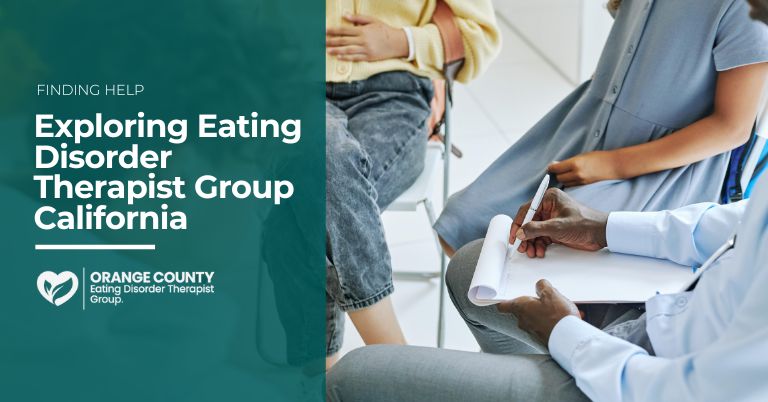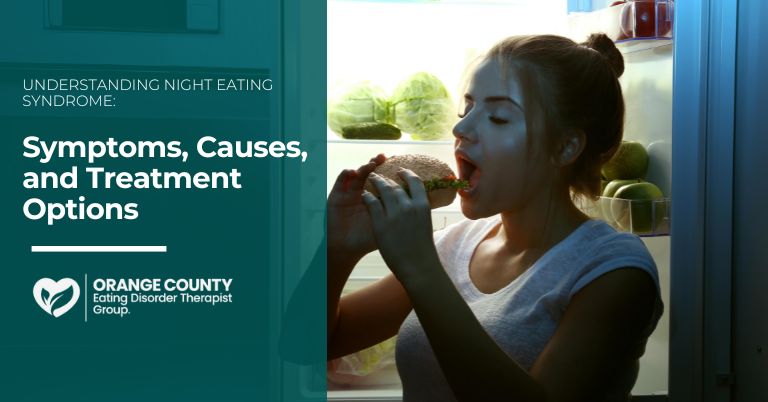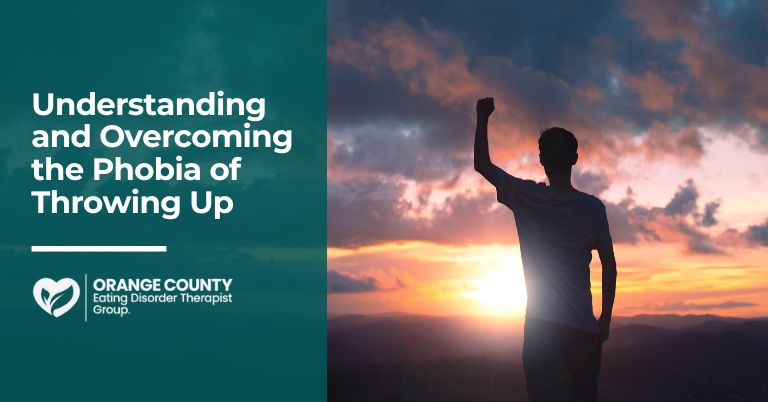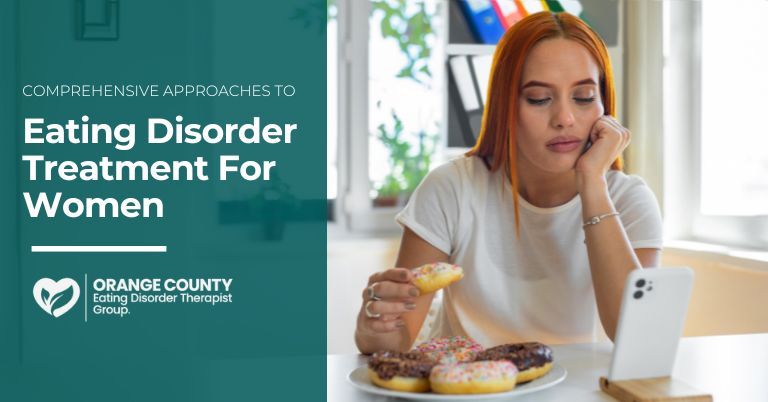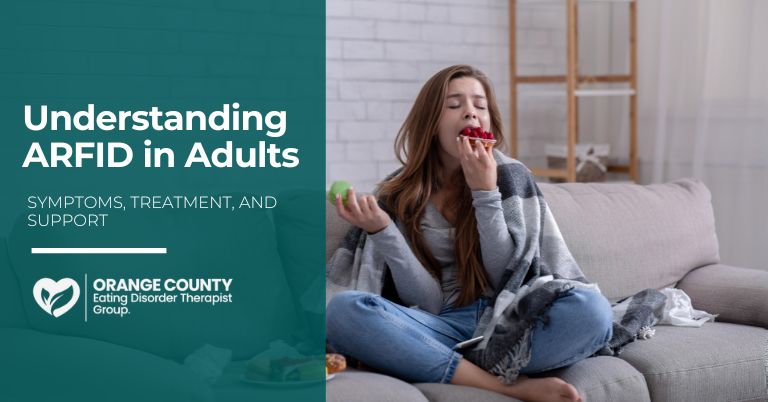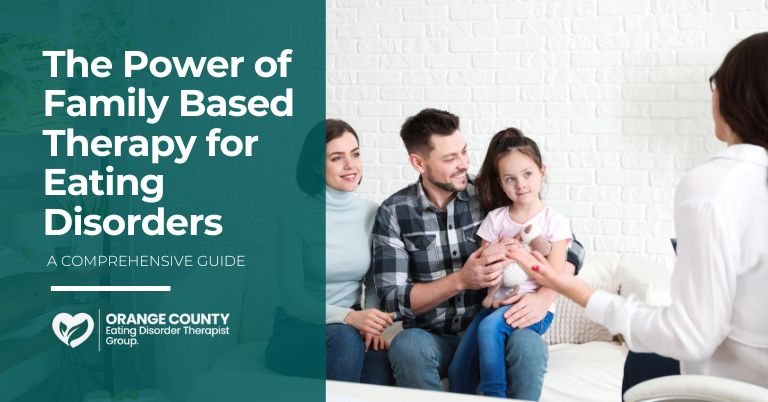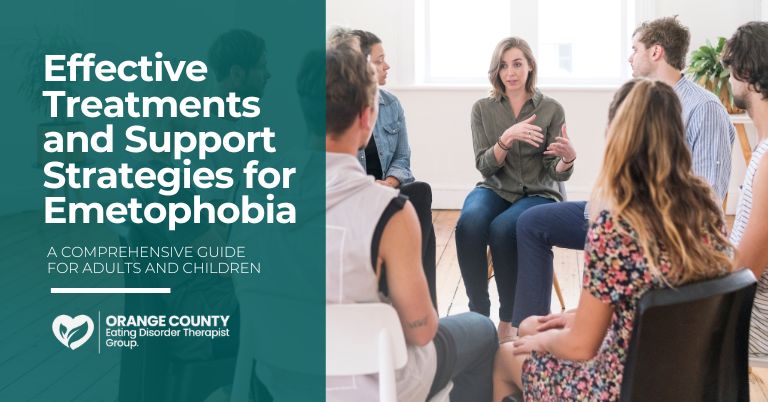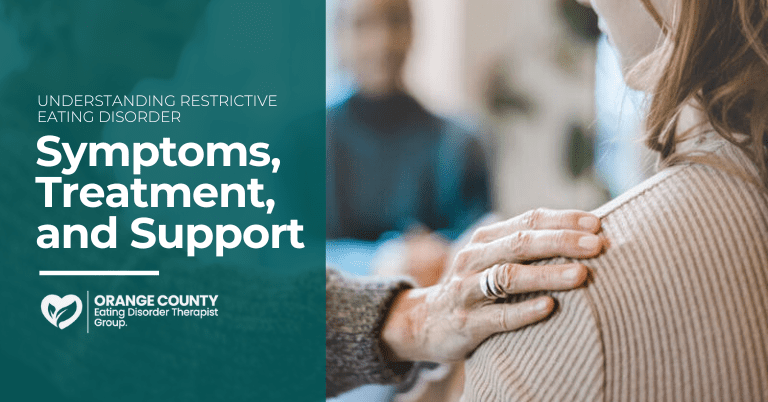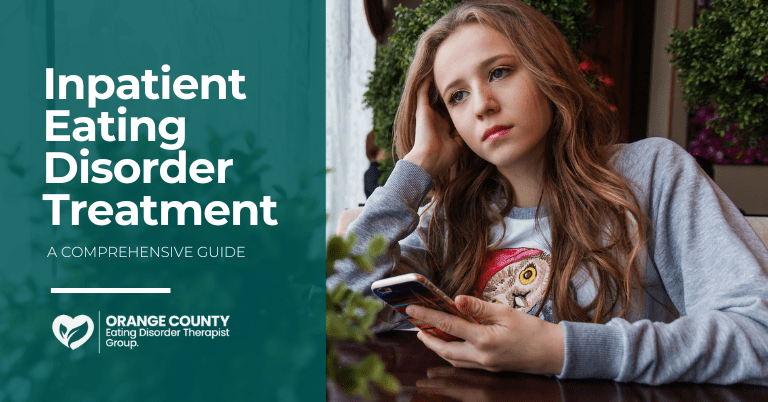Eating Disorder Therapist Group California
Eating disorders are complex conditions that affect an individual’s physical health, emotional well-being, and overall quality of life. In California, where the pressure to fit certain aesthetic standards can be particularly intense, accessing specialized support like an eating disorder therapist group California is crucial.
These groups provide a network of professional support and a community of peers who understand the unique challenges faced by those with eating disorders. This article explores the resources available through eating disorder therapist group California and highlights how these groups can be a pivotal part of the recovery journey.
Understanding the Role of an Eating Disorder Therapist California
An eating disorder therapist in California is trained to address the psychological aspects of eating disorders through various therapeutic techniques. These professionals are equipped to handle the nuances associated with disorders such as anorexia, bulimia, and binge eating disorder. The benefits of seeking help from a specialized therapist include:
- Individualized Care: Therapists provide tailored treatment plans that address the specific needs of each patient.
- Comprehensive Treatment: Combining psychotherapy with medical and nutritional support to ensure holistic care.
- Emotional and Psychological Support: Helping patients deal with underlying issues such as body dysmorphia, anxiety, and depression.
Services Offered by Eating Disorder Therapist Group California
Group Therapy Sessions
- Peer Support: Engaging with others who face similar struggles can reduce feelings of isolation and provide mutual encouragement.
- Skill Development: Groups often teach coping strategies and healthier eating behaviors in a supportive setting.
Individual Counseling
- Personalized Attention: One-on-one sessions with an eating disorder therapist California or eating disorder counseling to delve deeper into personal triggers and develop individual coping mechanisms.
Nutritional Guidance
- Dietary Planning: An eating disorder dietician works within many of these groups to help individuals develop balanced eating habits.
- Educational Workshops: Learning about nutrition and its effects on the body as part of recovery.
Specialized Programs
- For Teens and Adults: Programs tailored to different age groups, acknowledging that eating disorders can affect anyone at any stage of life.
- Holistic Approaches: Incorporating methods like yoga, meditation, and mindfulness into the treatment process.
Finding the Right Eating Disorder Specialist in California
Choosing the right specialist is a key step in the journey to recovery. Here are some considerations when selecting an eating disorder specialist:
- Qualifications and Experience: Ensure that the specialist has the appropriate credentials and a strong background in treating eating disorders.
- Approach to Treatment: Look for specialists whose treatment philosophy aligns with the patient’s personal beliefs and comfort.
- Accessibility and Location: Consider the proximity of the group to reduce travel stress and facilitate regular attendance.
Conclusion
Recovering from an eating disorder is a challenging but immensely rewarding journey. Eating disorder therapist group California provides a crucial platform for healing, offering both professional guidance and peer support in a structured yet compassionate environment.
By choosing a group that aligns with their needs, individuals battling eating disorders can take a significant step towards recovery and a healthier, happier life.
FAQs
- What should I expect from my first meeting with an eating disorder therapist in California?
Expect a compassionate setting where the therapist will ask about your eating habits, health history, and emotional well-being to tailor a treatment plan that suits your needs.
- How often should I attend therapy sessions in a group setting?
Frequency can vary depending on the program, but most group therapies meet at least once a week.
- Can I switch groups or therapists if I feel it’s not the right fit?
Absolutely. It’s important to find a group where you feel safe and supported. Don’t hesitate to explore other options if the first choice isn’t the right match.
- Is there a difference between an eating therapist and an eating disorder therapist?
While both focus on issues related to eating, an eating disorder therapist California has specialized training in dealing with complex eating disorders and their psychological implications.
- Are online therapy sessions as effective as in-person sessions for eating disorder treatment?
Online sessions can be highly effective, especially for those who prefer the convenience or need to manage logistical constraints. They offer flexibility and can be just as beneficial as in-person sessions, provided they are conducted by a qualified therapist.

